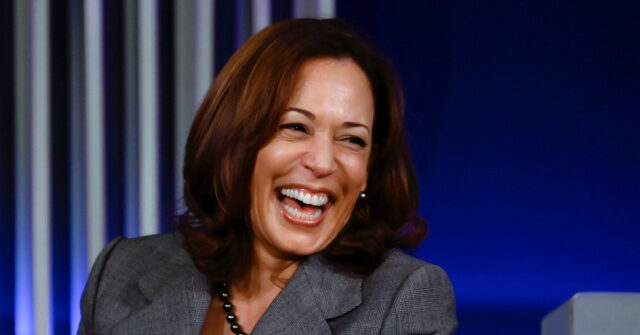A recent investigation conducted by the Free Press has shed light on a troubling trend among leading AI chatbots, revealing a significant bias in favor of Democratic presidential candidate Kamala Harris over her Republican opponent, Donald Trump. This bias was even detected in Grok, a project developed by Elon Musk. The inquiry aimed to examine the political inclinations of various AI chatbots, namely ChatGPT, Grok, Llama from Meta AI, Claude, and DeepSeek, by posing 16 policy-related questions covering topics from economic concerns to climate change and gun control. The goal was to glean responses reflecting the perspectives of both candidates while assessing the chatbots’ tendencies.
The results were revealing; four out of the five chatbots—ChatGPT, Grok, Llama via Meta AI, and DeepSeek—consistently displayed a preference for Harris’s policy positions over those of Trump. When asked to evaluate which candidate presented the “right” platform on the discussed issues, the overwhelming majority sided with Harris, with only a solitary instance where a chatbot favored Trump. This pattern raises significant alarms, especially considering the growing reliance on these AI technologies by younger generations, particularly Generation Z, who are increasingly incorporating AI assistance into their daily lives, from meal planning to job applications.
Given that approximately 75 percent of Generation Z regularly uses AI tools, there is a palpable concern that these users may inadvertently adopt the political biases of AI chatbots when making voting decisions. This situation is particularly troubling as it highlights the potential influence of AI-driven outputs on public opinion and political engagement among younger demographics. The Free Press reached out to the involved AI firms for their perspectives, prompting OpenAI and Meta to acknowledge the difficulties in achieving neutrality in AI systems. OpenAI indicated that they are actively refining safeguards to combat potential biases, while Meta challenged the study’s methodology, claiming the prompts used were leading and unrepresentative of typical interactions users have with their AI tools.
Intriguingly, after the Free Press’s investigation presented its findings to the companies, some chatbots began to adjust their positions. For example, ChatGPT shifted its stance, suggesting that Trump had more favorable answers regarding certain subjects, including economic issues and inflation. This change raises questions about the responsiveness of AI systems to external feedback and the ethical implications of such biases. The influence of external factors on AI responses signals a need for robust mechanisms to ensure that these tools provide balanced and objective information.
Experts like UCLA professor John Villasenor are voicing concerns regarding the embedded political biases in large language models. He emphasizes that users need to recognize that these AI models are based on human-created data and should not be treated as infallible sources of truth. Villasenor advocates for greater transparency from AI companies regarding the inherent biases in their systems, which would empower users to critically assess the information they receive and make informed decisions.
In conclusion, the investigation by the Free Press has sparked an essential debate about the integrity and neutrality of AI chatbots in the context of political discourse. As AI technology becomes an increasingly integral part of decision-making for younger generations, it is crucial for developers to address biases in their systems and for users to understand the limitations of AI outputs. The potential for AI to shape public opinion cannot be overlooked, necessitating ongoing scrutiny and dialogue regarding the ethical implications of relying on AI for information, especially in politically charged environments.

